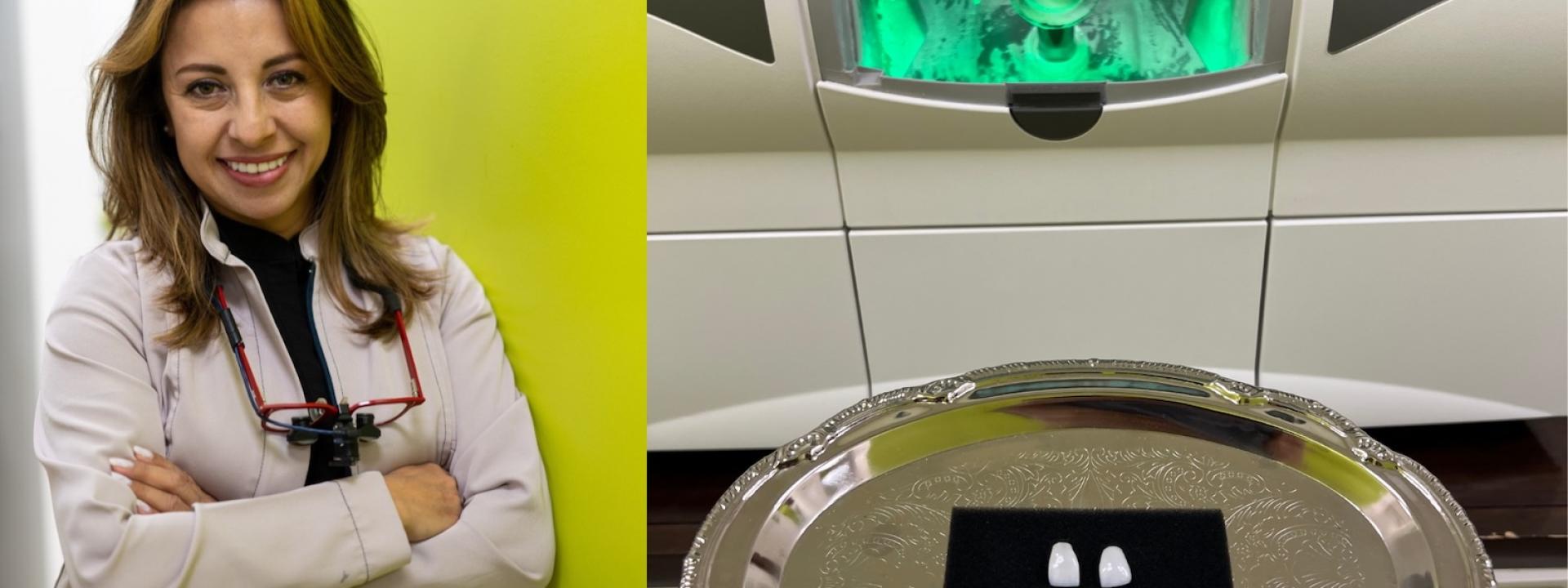What qualifies as a dental emergency?
A dental emergency is when you are in pain. If, on a scale from 1 to 10, the pain is 5 and up, that qualifies as an emergency. Another emergency situation is if you have a broken tooth. Additionally, if you have a swollen face, it qualifies as a dental emergency. Essentially, anything that you can see that you cannot handle qualifies as a dental emergency.
What are the symptoms of a dental emergency?
One symptom is if you are in pain, and from 1 to 10, with 10 being the highest, you are at 5 and up, it's truly an emergency. Other symptoms include a swollen face, inability to tolerate inflammation, or a broken tooth. If you see that you cannot handle these symptoms, it is considered a dental emergency.
Advice: Google "dentist near me" or "emergencies near me," and you will localize a dentist that treats the emergency you have. Here at DBS, we treat emergencies the same day. You're going to call the same day, and we're going to see you to alleviate the pain and solve the problem if we can handle it for you.
What should I do with a loose tooth?
A loose tooth can be due to different causes. If you have a loose tooth because you suffered a trauma, I recommend not bothering the tooth and calling a dentist as soon as possible for immediate assistance. If your tooth has been loose over time, go and see your dentist, as it’s probably gum disease related. Those are the two scenarios I can see for having a loose tooth.
How can I manage pain while I am home before I can have an emergency appointment?
I would suggest taking the medication you usually take for a bad headache until you get your dental appointment. Another solution can be to call your dentist or an emergency dentist around you to see if they can prescribe something for pain, depending on the case.
How often should I visit the dentist for checkups?
The frequency depends on everyone, but most likely, it is recommended to have checkups two times every year with your clinic.
How can I protect my teeth from decay?
That question is very important. First of all, your oral hygiene is crucial. Secondly, your diet habits matter. If you consume a lot of sugar, you can drink water afterward to prevent bacteria from staying in your mouth for a long time. Brushing and flossing are the best tools to prevent cavities.
Why do I need dental x-rays, and are they safe?
You need dental x-rays because they are diagnostic tools that help us see what’s going on in your mouth. Without x-rays, we cannot see what’s happening with your teeth or inside your bone, which is important. As for safety, yes, they are safe, especially nowadays with digital x-rays. Digital x-rays mean less radiation than the x-rays performed 10, 20, 15, or even 50 years ago. Walking under the sun, you will receive more radiation than what you receive at our office or any dental office that uses digital x-rays, so they are completely safe.
What causes gum disease, and how can I prevent it?
Gum disease is caused by bacteria. Bacteria that go inside your gum, around the tooth or the tartar that stays on your teeth, can create inflammation. The bone doesn’t like this inflammation, and it leads to gum disease.
What Are Dental Emergencies?
A dental emergency can happen at any time and for a variety of reasons. Some emergencies are preventable with the proper oral hygiene and routine dental care, but others simply cannot be prevented. We offer personalized emergency care to patients of all ages. We welcome you into our office whether you’re a new or existing patient dealing with an emergency.
Why Do You Need Treatment For Dental Emergencies?
If you fail to treat a dental emergency, it can and will eventually get worse. Something that is smaller and less problematic can turn into an issue that requires more aggressive treatment. In order to protect your dental health, we recommend coming in for care as soon as you notice there’s a problem. Treatment is easy, quick and provides you with the ability to leave the office pain-free.
What Are Some Of The Most Common Dental Emergencies?
We see many different types of dental emergencies on a regular basis. We take a customized and personable approach to each emergency. Some of the most common emergencies include:
- Pain and severe toothaches
- Bleeding or inflamed gums
- Infections and abscesses
- Broken, cracked or chipped teeth
- Broken, loose or lost restorations (crowns, bridges, veneers)
- Broken or missing prosthetic appliances and orthodontic devices
- Issues with severe sensitivity
What Happens During Dental Emergency Treatment?
Emergency treatment begins with a consultation and examination. This allows us to identify the problem and provide the right treatment to meet your needs. We may need to take one or more x-rays depending on the type of emergency that you’re dealing with at the moment of your appointment. If you have an infection, we’ll typically prescribe an antibiotic in order to clear the infection before treatment is administered. For most emergencies, we can provide quick and efficient treatment so that you are able to leave the office and get back to your busy life and schedule.
If you are experiencing an emergency and need immediate treatment, call us today and we can help to get you in for an appointment right away.


